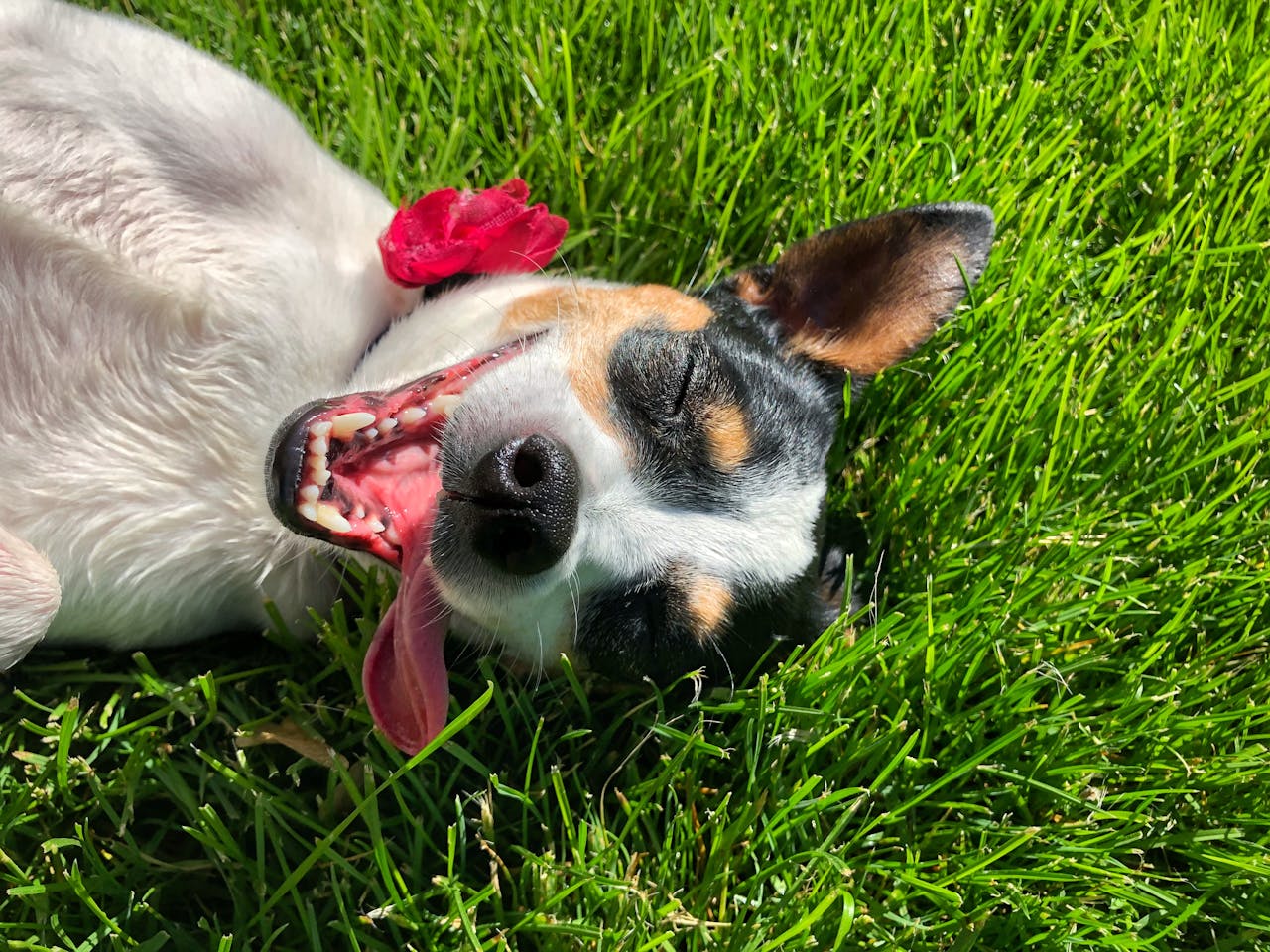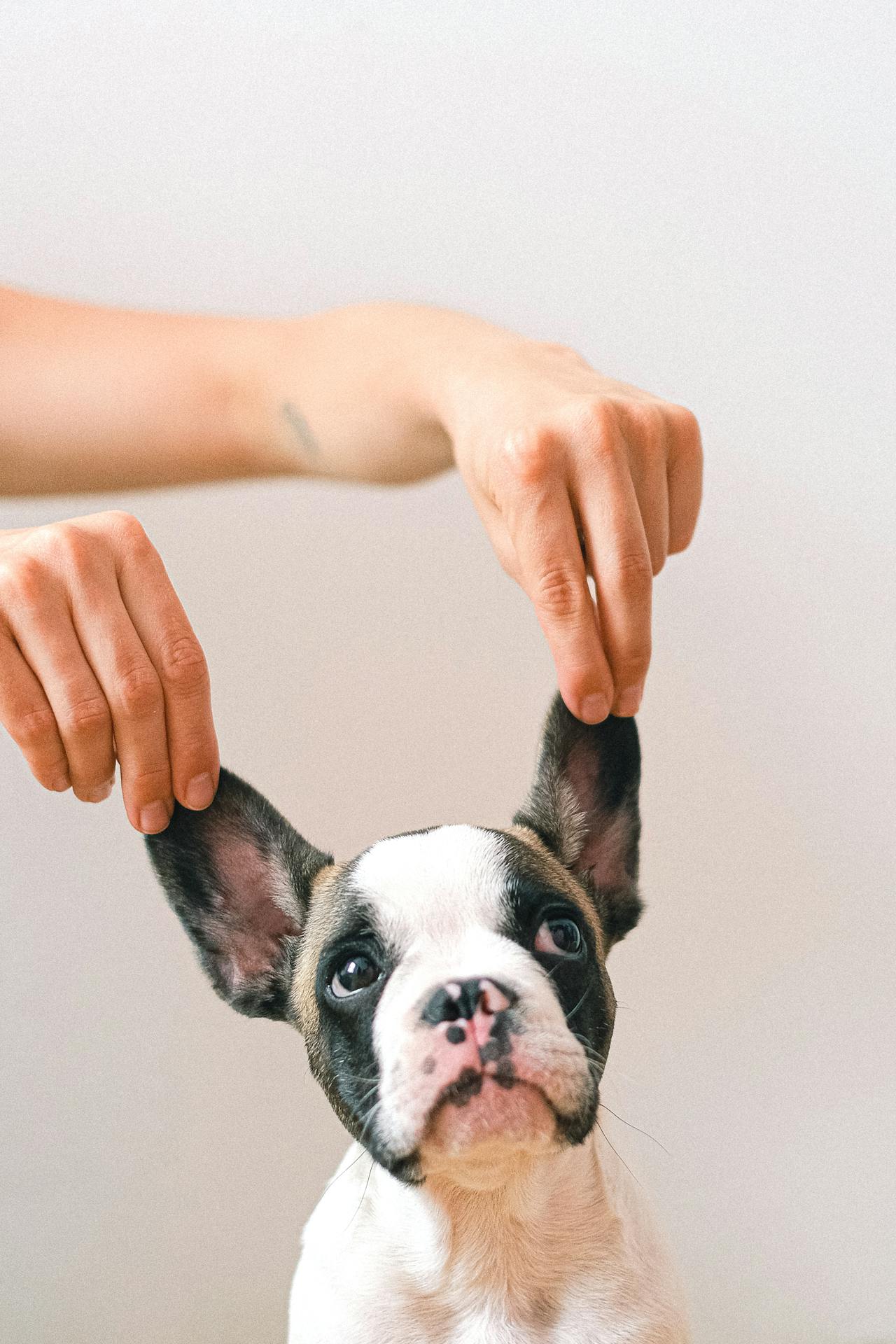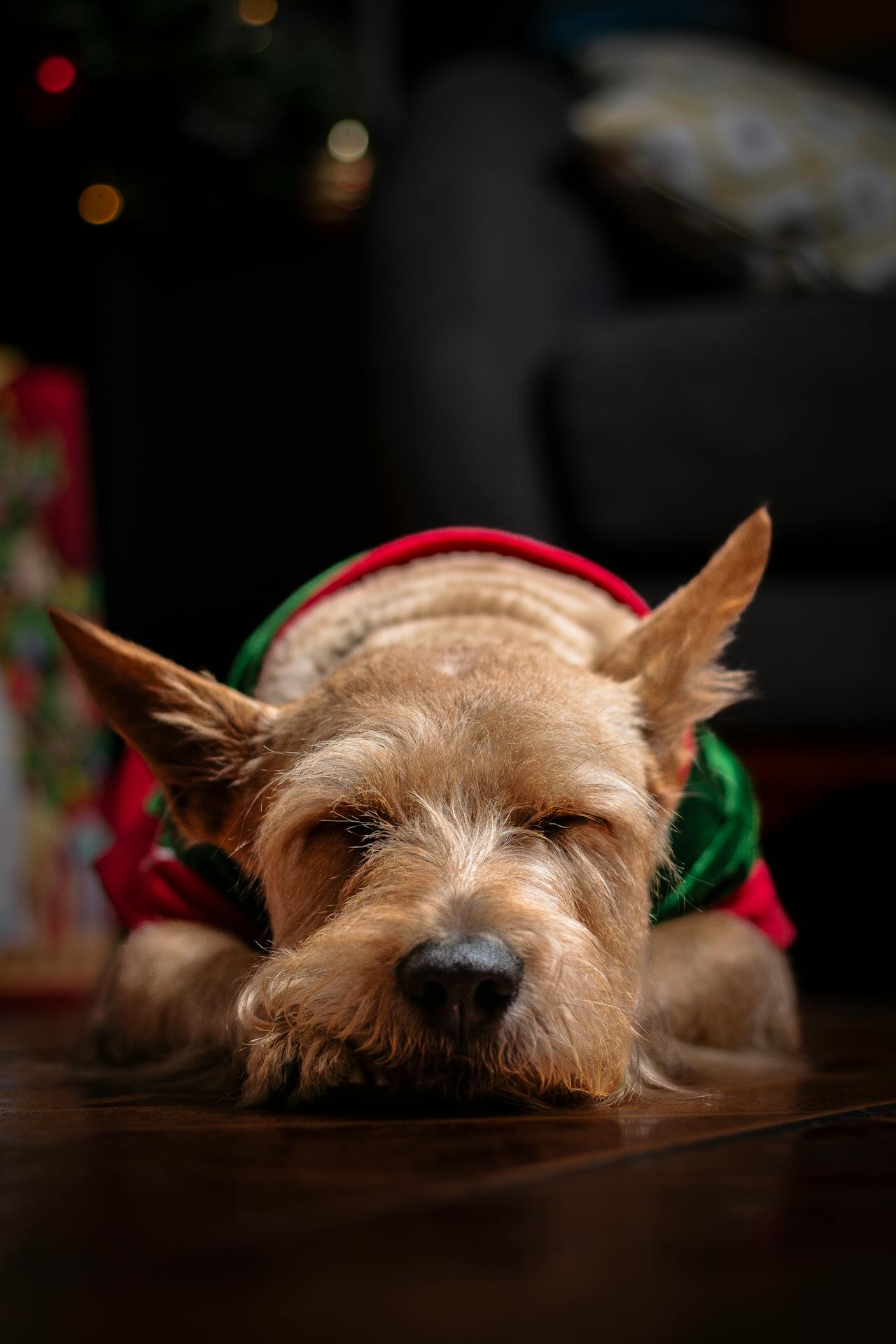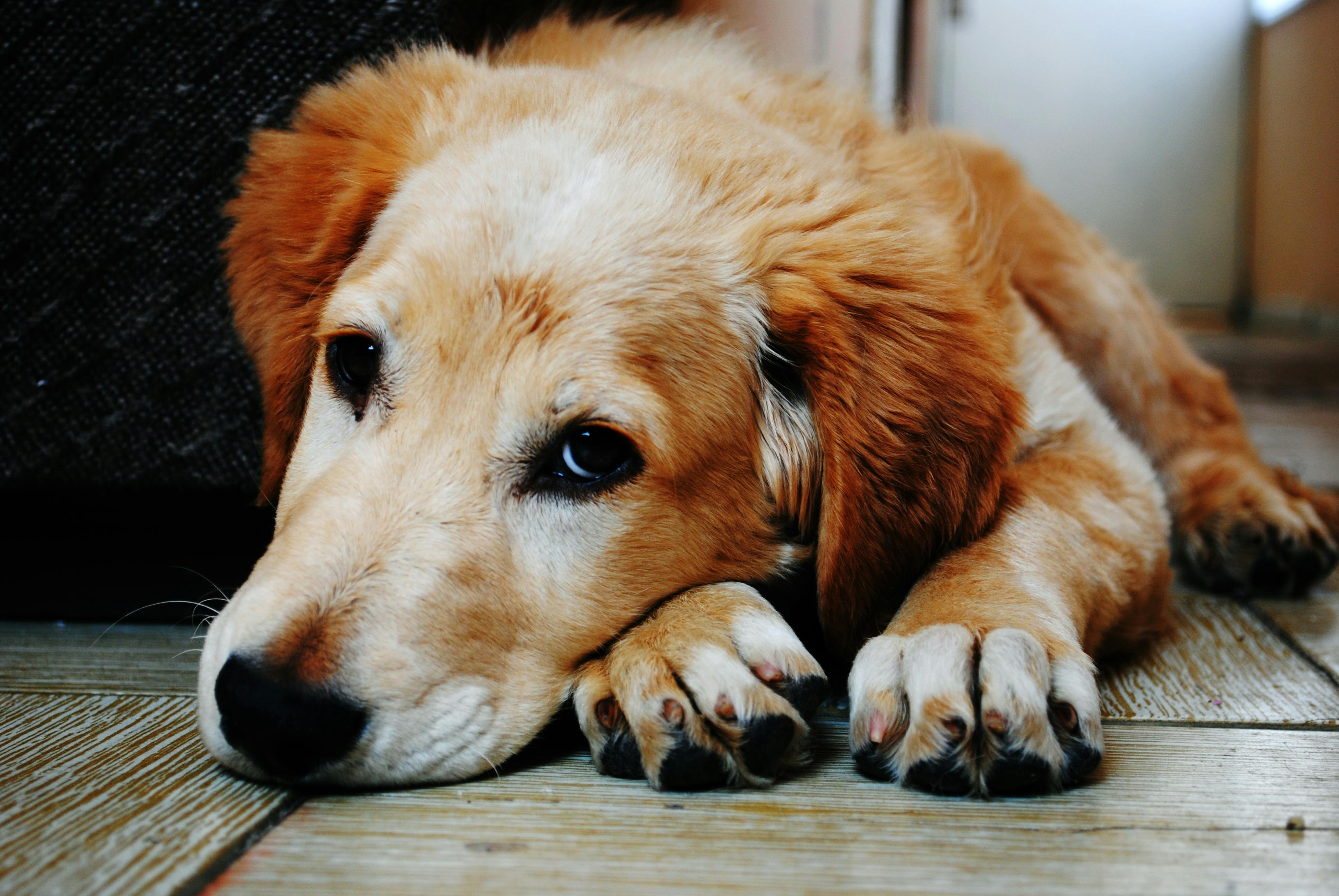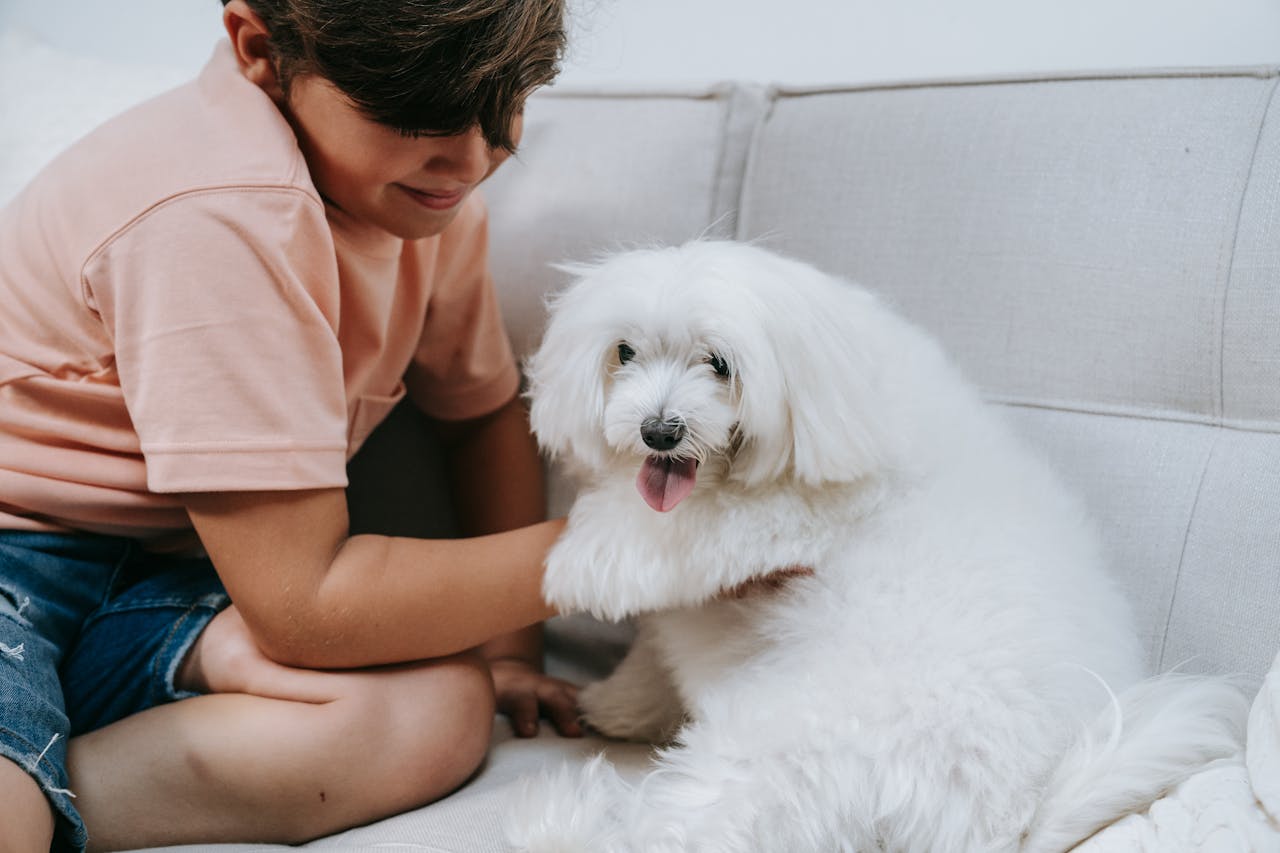5 Everyday Mistakes That Could Be Making Your Dog Gain Weight
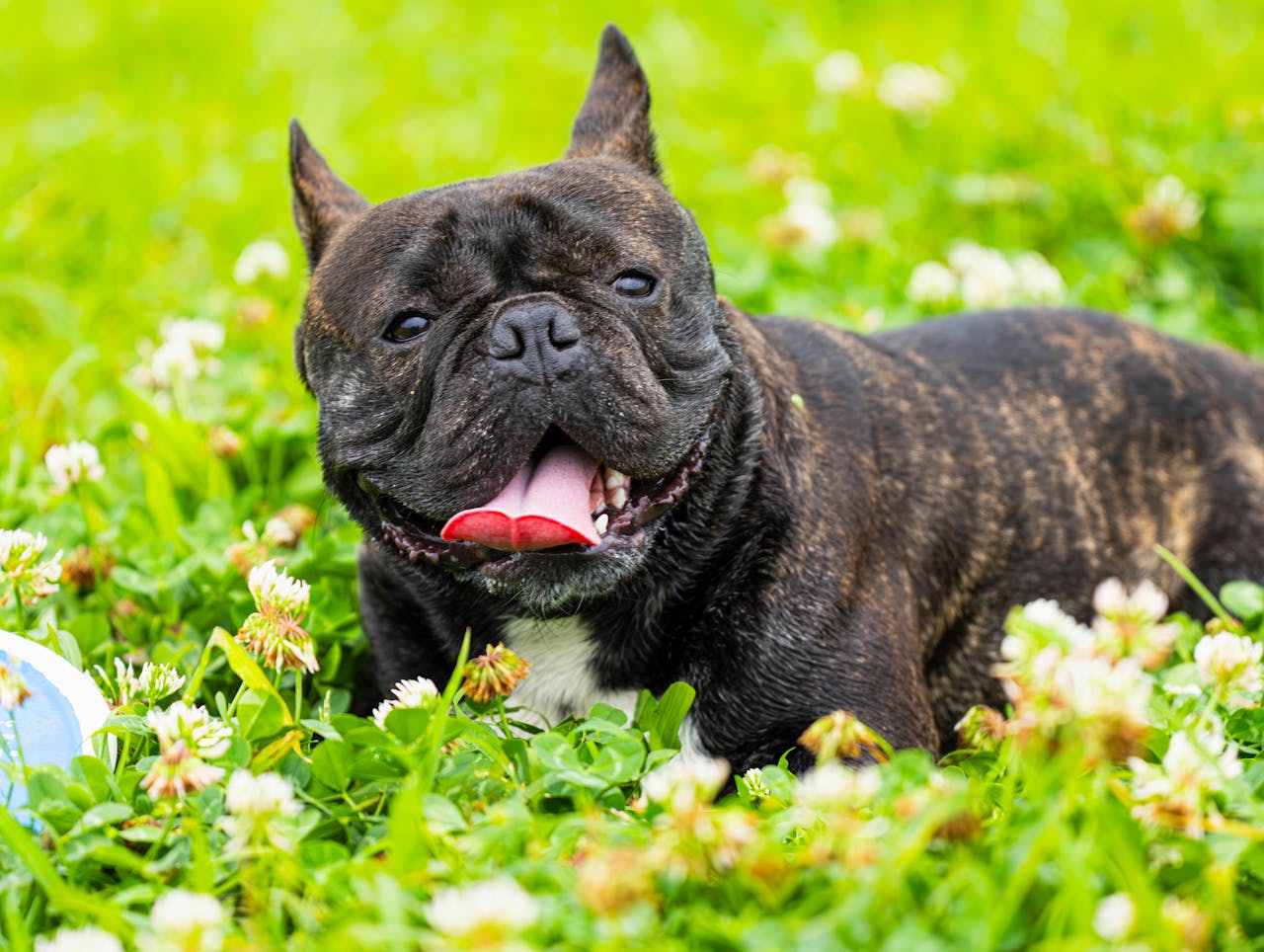
If your pup’s been packing on a few pounds lately, it might be time to make a few simple changes.
Here are five common habits that might be contributing to your dog’s weight gain — and what you can do instead.
1. Guessing How Much to Feed Them
Let’s be honest — many of us just eyeball our dog’s food portions. Whether it’s using an old cup, your hand, or just pouring straight from the bag, it’s easy to overdo it without realizing.
Dr. Judy Morgan, a holistic vet, often hears pet parents say they’re unsure of how much they’re really feeding. When she shows them what an actual measured cup looks like, most are shocked.
A good first step? Start using a real measuring cup and check the feeding guidelines on the dog food bag (based on your dog’s ideal weight, not current weight). If you're not sure what that looks like, your vet can help.
And if you leave food out all day, that can lead to overeating. Instead, consider a timed automatic feeder to give your dog portioned meals at scheduled times — great for both structure and weight control.
2. Not Counting Treats as Part of Their Daily Calories
Treats are great for training and bonding, but they still count as calories. And some dog biscuits can pack way more than you’d think.
Dr. Justin Shmalberg, a veterinary nutritionist, says treats often make up more than a third of a dog’s daily calories — without pet parents realizing it. That adds up fast!
As a rule of thumb, treats should be no more than 10% of your dog’s daily calorie intake. If you use larger treats, break them into smaller pieces, and always be mindful of how many you're giving throughout the day.
Pro tip: Look for low-calorie options and read the labels so you know what you’re giving. Just like with people, quality (and quantity) matter.
3. Not Getting Enough Exercise
Weight gain isn’t always about food — sometimes it’s about not moving enough. Dogs need regular physical activity not just to stay fit, but also to stay mentally stimulated and happy.
A daily walk (even just 20–30 minutes) can make a big difference, and it’s a great bonding time too. If your dog’s more active, try a game of fetch, tug-of-war, or even agility exercises.
That said, exercise alone usually isn’t enough to tackle existing weight gain. If your dog needs to slim down, pair activity with a solid nutrition plan — ideally one you’ve discussed with your vet.
4. Feeding the Wrong Food
Not all dog food is created equal. The best food for your pup depends on their age, health, and activity level. Make sure you’re feeding a balanced diet that meets AAFCO (Association of American Feed Control Officials) standards.
Dogs have different nutritional needs at different life stages — puppies, adults, and seniors each require specific support. And if your dog needs to lose a significant amount of weight, switching to a “light” food from the pet store might not be enough.
In that case, talk to your vet about prescription weight-loss formulas. Brands like Hill’s® Metabolic and Royal Canin® Satiety are designed to support weight loss and help your dog feel fuller with fewer calories.
5. Sharing Table Scraps
We’ve all been there — those puppy dog eyes begging for a bite of your dinner. But human food is usually packed with fat, salt, and calories that dogs just don’t need.
Aside from causing digestive upset (hello, vomiting and diarrhea), feeding from the table can lead to more serious issues like pancreatitis — and yes, weight gain.
The best choice? Stick to dog-safe foods and treats, and avoid the temptation to share your plate. Your pup won’t miss what they’ve never tasted — and they’ll be healthier for it.
Bottom Line
Helping your dog maintain a healthy weight isn’t just about cutting food — it’s about balance. Being mindful of portions, treats, exercise, and what you’re feeding can make a big difference. A few small changes can lead to a happier, healthier pup in the long run — and that’s what we all want, right?
Get insurance plans with wide-ranging coverage options


